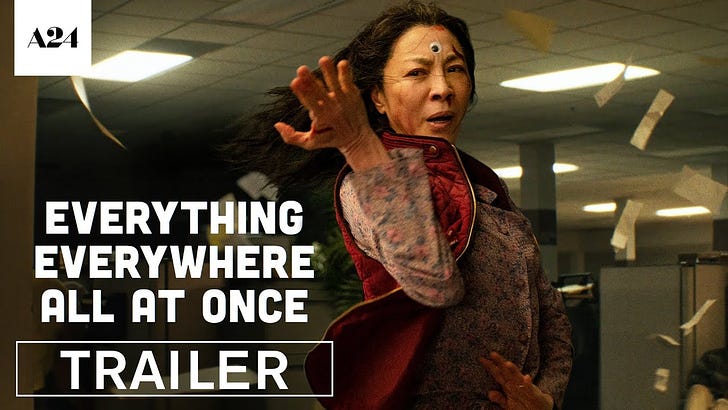Hey. It’s been a while because I was at a writer’s residency. Thanks for sticking around. Here’s what I’ve been reading lately:
On Beauty:
In the Natural Hair Community, Inclusivity is a Moving Target, Harpers Bazaar
My friend Whitney wrote a Dr. Bronners piece! I’ve always meant to write about the brand eventually and it’s a great contextual piece on th…
Keep reading with a 7-day free trial
Subscribe to You've Got Lipstick on Your Chin to keep reading this post and get 7 days of free access to the full post archives.


